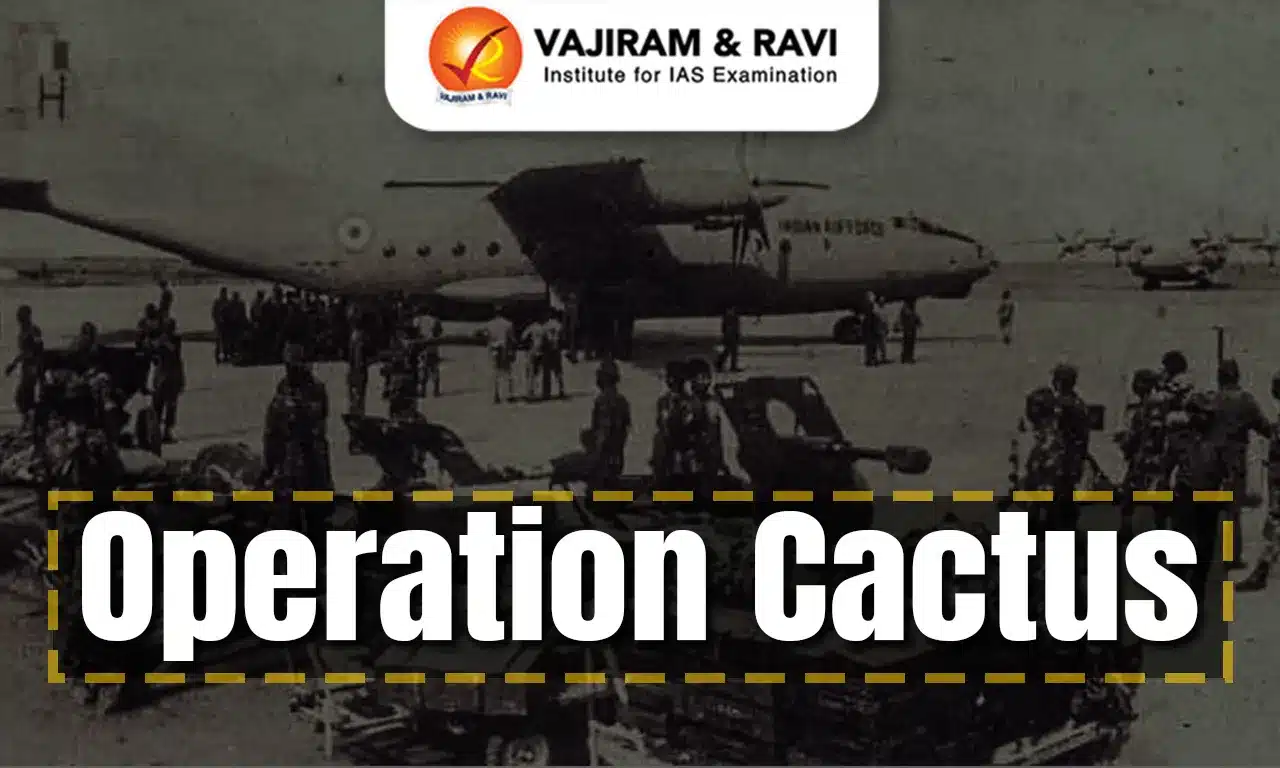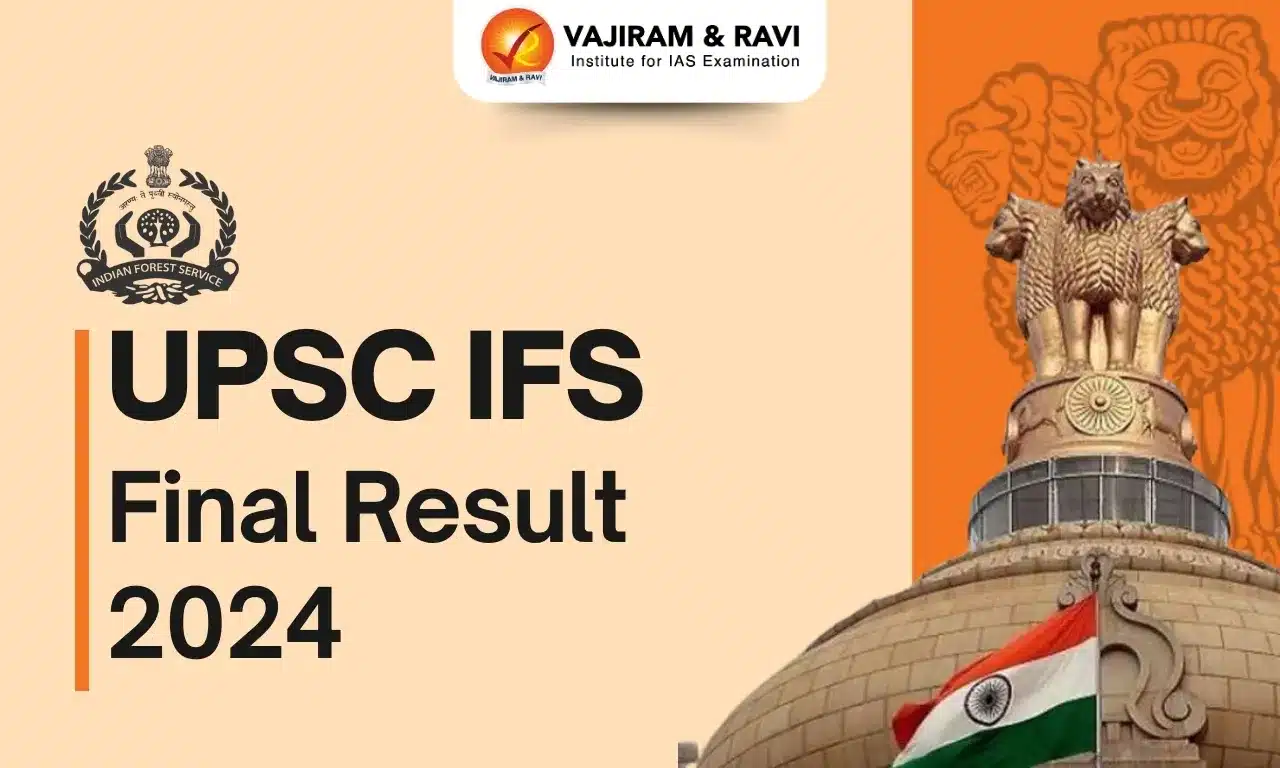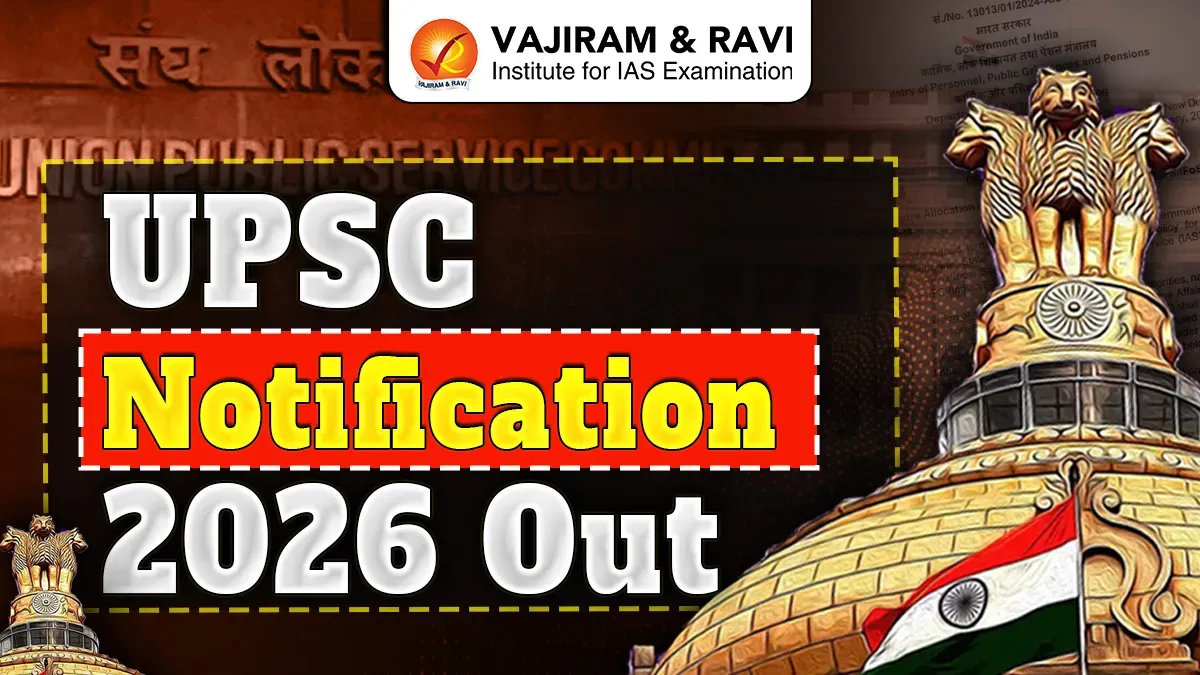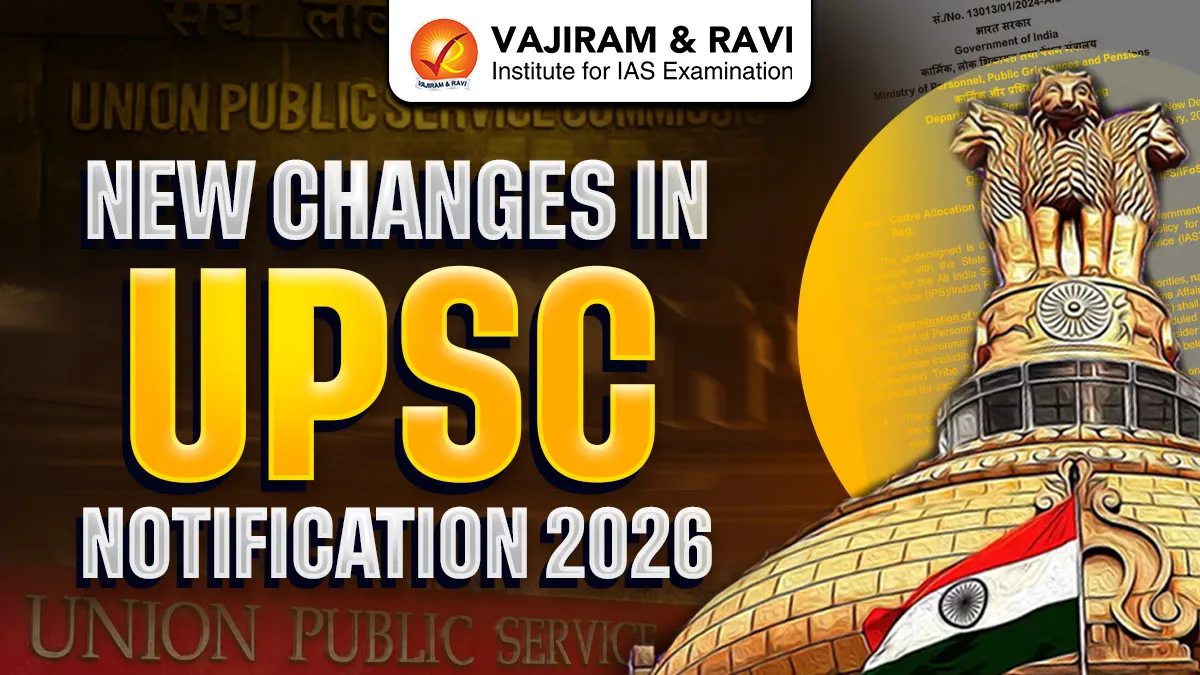Operation Cactus is one of the successful Indian Military Operations carried out by India in Maldives to rescue the Democratically Elected Government led by President Maumoon Abdul Gayoom from a Military Coup. It was one of the rare missions which involved all the three branches of the Indian Armed Forces - Air Force, Navy and Army. The Military Coup was attempted by a group of Maldivian rebels led by Abdullah Luthufi along with the support of a Tamil separatist group of Sri Lanka called People’s Liberation Organization of Tamil Eelam (PLOTE).
Operation Cactus
Operation Cactus has the involvement of all three Indian forces, a mission led by Indian Armed forces to thwart the coup attempt on the 2nd president of the archipelagic country of Maldives-Maumoon Abdul Gayoom. The coup rebels were backed and funded by a rogue Maldivian businessman Abdullah Luthufi and supported by PLOTE mercenaries. Luthufi aimed to install a puppet regime to facilitate illicit activities such as smuggling of gold, arms, and narcotics. Earlier also in 1980 and 1983, two coups were attempted against President Gayoom but being on small and unorganised scale they did not succeed.
Also Read: Operation Sindoor
Operation Cactus Background
Buildup to Operation Cactus began 2 days before 3rd November 1988. Aboard a Sri Lankan Freighter around 100 PLOTE mercenaries landed in capital Male and quickly captured vital locations, took control over TV and radio stations and made their way towards the Presidential Palace. By then President Gayoom was already escorted to a safe house.
Failing to take down the President the mercenaries resorted to taking key government ministers as hostages. Foreign Secretary of Male asked for help from neighbouring nations like Pakistan, Sri Lanka and Singapore who refused citing lack of military might. India responded positively and quickly mobilised its Parachute forces.
Operation Cactus Planning
Once India committed to help, quick and strategic planning was imperative to Operation Cactus. The then Prime Minister Rajiv Gandhi presided over an urgent meeting, attended by all three service chiefs. By noon, the Cabinet Committee for Political Affairs allowed military help for President Gayoom and Para Brigades were mobilized in Agra on short notice. Naval Reconnaissance Aircraft were sent over to Maldives to inform about movements on Hulule Strip which was decided to be the launchpad of Para forces.
Also Read: S-400 Defence System
Operation Cactus Execution
Beginning on the night of 3rd November Operation Cactus was a unique Tri Service operation which required efficient coordination and execution to be successful. 6th Parachute Regiment, 17th Parachute Regiment and an Independent Parachute Brigade aboard Ilyushin Transport Aircraft landed on Hulule Airport which the militants missed to take over. This was done in a record time of just 9 hours after the distress call was made by Maldives.
Securing the safety of the airport, President Gayoom was rescued and Indian forces reached the capital Male by boat. After hours of prolonged gunfight engagement the Indian Forces established control over Male.
Operation Cactus Aftermath
Operation Cactus with zero casualties to Indian Troops is considered as one of the most successful Tri Service military operations by the Armed Forces of India. With its successful and timely completion it marked the beginning of India- Maldives cooperation in defence.
There were various multifaceted outcomes of the operation
- Democratically elected Maldivian Government was restored under the regime of President Gayoom
- Majority of the militants were either killed or captured and those who tried to flee via waterways, were captured by the Indian Navy and handed over to Maldives for trial in 1989.
- India recommended that the Maldives commute the death sentences of accused to life sentences to which Maldives agreed
- It boosted the morale of Indian Forces
- India received international recognition and accolades for its efforts to maintain Regional Security and peace thus laying the foundation stone of India’s projection as Net Security provider in South Asia.
- President Gayoom requested the Commanding Officers of Operation Cactus to stay in Male and train their security forces
India-Maldives Defence Cooperation
Operation Cactus played a vital role in cementing the strong India Maldives Relations. Historically India and Maldives have shared deep cultural ties, with India being the first nation to recognize Maldives independence in 1965 when Britishers relinquished control of the island nation.
Significance of Maldives to India
- Maldives acts as India’s gateway to Arabian Sea and allows India to monitor Maritime Security in the region.
- Deep cultural ties and people-to-people contact strengthens the relation as Buddhism is the principal religion in Island Nation
Significance of India to Maldives
- India provides essential supplies to Maldives including essential medicines, fruits, spices and rice
- India is a development partner and has huge investments in Maldivian Infrastructure
- India has been a first responder to Maldives in times of disasters like Tsunami and Covid-19
Also Read: Operation Devi Shakti
Operation Cactus Current Relevance
Operation Cactus laid the foundation of Defence cooperation between India and Maldives. Indian troops stayed on the Island Nation for 1 year post the operation to train the Maldivian security personnel to deal with such security challenges. Joint Military Exercises like Ekuverin, Dosti and Ekatha shall ensure swift coordination if any security challenge emerges in future in the region
Although recent events like India-Out Campaign and Rising Influence of China have strained the India- Maldives relationship in a limited manner but legacy of Operation Cactus continues to resonate and is remembered with deep gratitude in Maldives. Both the nations have tried to address grievances and emphasize on long standing ties for a diplomatic resolution to restore relations like before.
Last updated on February, 2026
→ UPSC Notification 2026 is now out on the official website at upsconline.nic.in.
→ UPSC IFoS Notification 2026 is now out on the official website at upsconline.nic.in.
→ UPSC Calendar 2026 has been released.
→ UPSC Final Result 2025 is expected to be released in the second week of April 2026.
→ Check out the latest UPSC Syllabus 2026 here.
→ Join Vajiram & Ravi’s Interview Guidance Programme for expert help to crack your final UPSC stage.
→ UPSC Mains Result 2025 is now out.
→ UPSC Prelims 2026 will be conducted on 24th May, 2026 & UPSC Mains 2026 will be conducted on 21st August 2026.
→ The UPSC Selection Process is of 3 stages-Prelims, Mains and Interview.
→ Prepare effectively with Vajiram & Ravi’s UPSC Prelims Test Series 2026 featuring full-length mock tests, detailed solutions, and performance analysis.
→ Enroll in Vajiram & Ravi’s UPSC Mains Test Series 2026 for structured answer writing practice, expert evaluation, and exam-oriented feedback.
→ Join Vajiram & Ravi’s Best UPSC Mentorship Program for personalized guidance, strategy planning, and one-to-one support from experienced mentors.
→ Check UPSC Marksheet 2024 Here.
→ UPSC Toppers List 2024 is released now. Shakti Dubey is UPSC AIR 1 2024 Topper.
→ Also check Best UPSC Coaching in India
Operation Cactus FAQs
Q1. What is Operation Cactus?+
Q2. What was the role of the Air Force and the Navy in Operation Cactus?+
Q3. Who attacked Maldives in 1988 and why?+
Q4. Why did no other nation help Maldives in 1988 coup?+
Q5. When is Victory Day celebrated in Maldives?+














